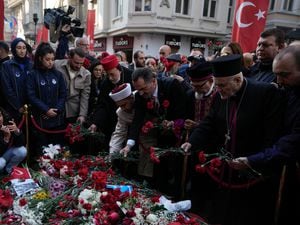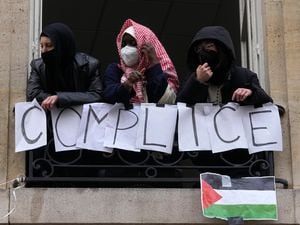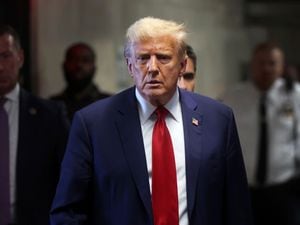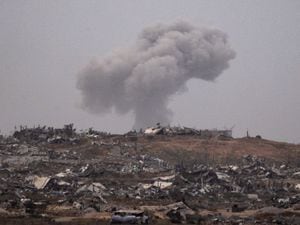Neo-Nazis in Germany given permission to march
Police have told marchers not to glorify Rudolph Hess who died in Spandau prison 30 years ago.
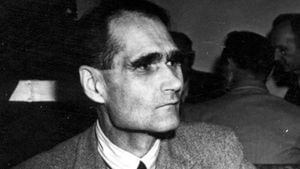
Police in Berlin have given far-right extremists permission to hold a rally commemorating the death of Adolf Hitler’s deputy Rudolf Hess in the city’s western district of Spandau.
They have told organisers they can march, but they are not allowed to glorify Hess, who died at Spandau prison 30 years ago.
The neo-Nazis are allowed to take banners, but only one for every 50 participants, and military music is strictly forbidden, unless a court overturns that rule before Saturday’s march.
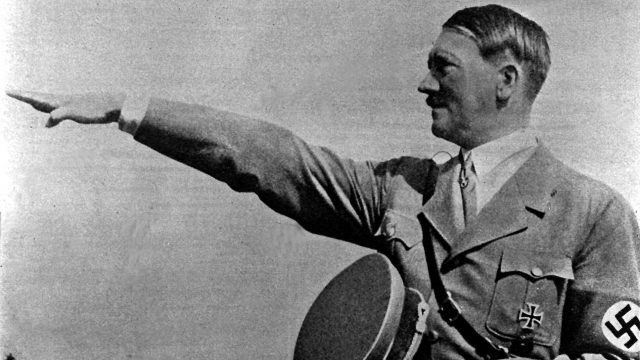
Such restrictions are common in Germany and rooted in the experience of the pre-war Weimar Republic, when opposing political groups would try to forcibly interrupt their rivals’ rallies, resulting in frequent bloody street violence, said Sven Richwin, a Berlin lawyer.
The exact rules differ according to the circumstances, but police in Germany generally try to balance protesters’ rights to free speech and free assembly against the rights of counter-demonstrators and residents, he said.
“Anything intimidating is ‘verboten’,” Mr Richwin told the Associated Press on Friday.
The rules mean that shields, helmets and batons carried by far-right and neo-Nazi protesters in Charlottesville last weekend would not be allowed in Germany.
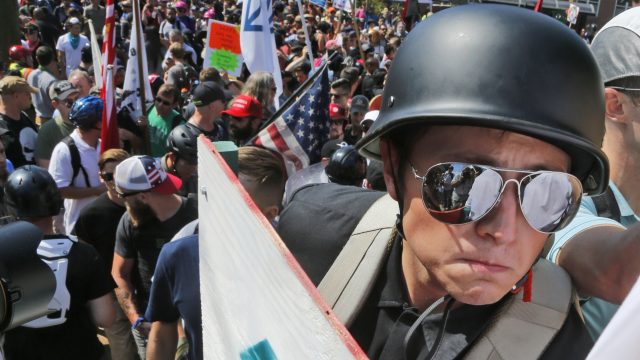
Openly anti-Semitic chants would prompt German police to intervene, although efforts would be made to detain specific individuals rather than to stop an entire rally, said Mr Richwin.
Left-wing groups expect about 1,000 people to attend counter-protests on Saturday in Spandau.
Hess, who received a life sentence at the Nuremberg trials for his role in planning the Second World War, died on August 17 1987.
Allied authorities ruled his death a suicide, but Nazi sympathisers have long claimed that he was killed and organise annual marches in his honour.
The marches used to take place in the Bavarian town of Wunsiedel, where Hess was buried until authorities removed his remains.

